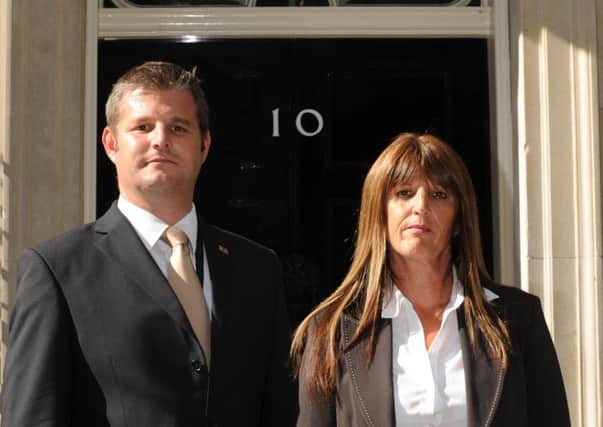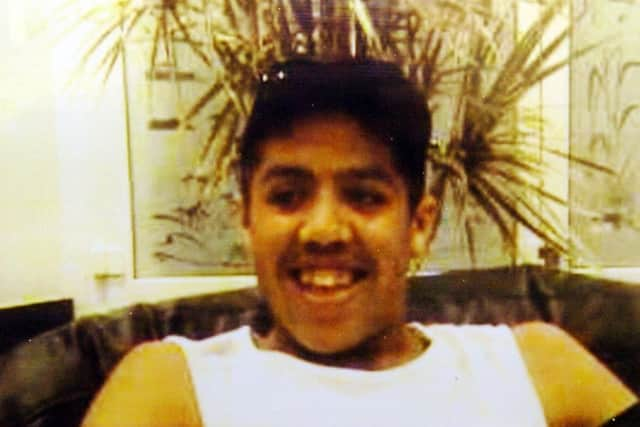Mother of Leeds gang murder victim reassured over '˜joint enterprise' ruling


Four men were convicted of Tyrone Clarke’s 2004 murder under the law where members of a group can be convicted even if they didn’t strike the fatal blow.
But last month the Supreme Court ruled that in some cases the law had been ‘misinterpreted’ after it allowed an appeal from a man convicted of murder.
Advertisement
Hide AdAdvertisement
Hide AdThe doctrine allowed a defendant to be found guilty of another person’s crime if the prosecution could show they foresaw the possibility of serious harm or death.


However, in the case of Ameen Jogee, the Supreme Court ruled that foresight is not proof of a defendant’s intention, but instead one indication that the jury must weigh up among others when deciding guilt.
The mother of Tyrone Clarke, 16, who was stabbed to death after being set upon by a mob in Beeston, was among those afraid the ruling could see convicted killers released from jail.
Lorraine Fraser and Pudsey MP Stuart Andrew have now met Justice Minister Mike Penning to express her concerns about the possible implications of the ruling, and was told it was likely to affect only a small number of cases.
Advertisement
Hide AdAdvertisement
Hide AdMr Clarke was attacked by 20 men in Brett Gardens, Beeston. Four men were convicted of the teenager’s murder at Leeds Crown Court in 2005 and all four lost an appeal against their convictions in February 2007.


Mr Andrew said: “We wanted to find out what this ruling meant in reality and what the Government’s position was.
“Early indications are that because this was a ruling on a very narrow part of joint enterprise, about foresight, they think it will have a bearing only on a very small number of cases.
“With joint enterprise there are so many different elements that it would be unusual that the foresight element would secure the prosecution.
Advertisement
Hide AdAdvertisement
Hide Ad“The minister said that as far as the Government was concerned, they wouldn’t be sending it back to Parliament because they felt the law was clear. He said he supported the principle of joint enterprise and wanted it to continue.
“He said he can’t give a guarantee in every single case, and he totally understands how this will impact on families. He was very robust in his view that this is a piece of legislation that has to continue,
“He spoke about his ambition to help victims in future and said that he wants measures to be put forward to help victims with the legal process. All in all it was a very positive meeting. It eased the concerns of Lorraine.”
A Ministry of Justice spokesperson said: “We have noted the judgment from the Supreme Court and will consider it carefully.
Advertisement
Hide AdAdvertisement
Hide Ad“This judgment referred specifically to a narrow category of joint enterprise cases. It would be incorrect to suggest that everybody convicted under the wider law on joint enterprise will have grounds for appeal.
“Even those convicted within the narrow category to which the judgement referred would need to show that they suffered a ‘substantial injustice’ for leave to appeal to be granted.”